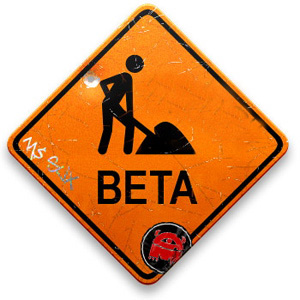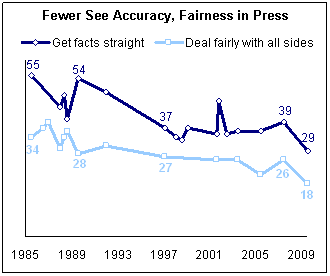If you’ve been visiting MediaBugs.org this week you may have noticed that the site is intermittently very slow to load. We’re so sorry for this.
It’s not the fault of our software, but rather, a problem with our ISP, MediaTemple. Several thousand of their customers seem to have been affected. And they’re working on it.
With any luck it will all be over soon. In the meantime, our apologies.
UPDATE 5/14/2010: After intermittent ISP troubles throughout the past two weeks we seem to be out of the woods. As of a couple of days ago MediaTemple reported that they’ve dealt with the problem, and we’ve noticed no slowness on the site — but if you do by all means let us know!
 Report an error
Report an error
